As the year 2023 edges towards December, all eyes are on the Bank of Japan (BOJ) and its Governor, Kazuo Ueda. In a period of economic deliberation, Ueda has been meticulously weighing economic data and emerging trends that could significantly influence Japan’s monetary policy. The upcoming results from the Bank's tankan survey, scheduled for December 13, and the Federal Reserve's looming rate decision are critical components of this decision-making process. The possibility of an interest rate hike, the first of its kind since 1989, is gaining traction among economists and market watchers alike.
The intention to potentially raise Japan's policy interest rate from the current 0.25% to 0.5% reflects a significant shift in monetary policy that would mark a radical departure from the era of ultra-low rates that have been in place since the global financial crisis. The last time Japan saw such an uptick in rates was during the late 1980s when the country faced a massive asset bubble, an era characterized by rampant speculation and eventually leading to the bubble’s catastrophic burst.
In a recent interview, Governor Ueda underscored the possibility of a December rate hike, signaling that circumstances are aligning for such a move. Economic factors such as persistent inflation, clear corporate investment plans, and increasing wages create a backdrop that supports the urgency surrounding this potential policy change. Ueda's forecast comes with acknowledgement of a more favorable economic cycle, suggesting a shift toward a healthier wage-price dynamic that could fuel further economic activities.
The urgency felt by the governor mirrors sentiments echoed by several economists. Ko Nakayama, chief economist at Okasan Securities and a former BOJ official, noted that the overwhelming evidence is suggesting a tightening of monetary policy soon. The bond market's response has been telling, with two-year government bond yields surging to heights unseen since 2008, further reflecting market expectations for a radical policy shift.
Historically, the BOJ's last instance of raising interest rates three times within a single year dates back to 1989. The final hike that year coincided with Christmas, just days before the Nikkei 225 index reached an all-time zenith of 38,957.44 points. Back then, an aggressive increase in the nominal interest rates—from 2.5% at the beginning of the year to 4.25%—was a response to an overheating economy, which ultimately set the stage for one of Japan's most extended economic downturns. It took over three decades for the stock market to recover those historical highs, a stark reminder of the volatility associated with monetary policy and economic interventions.
However, the economic landscape that Ueda faces in 2023 is markedly different from that of 1989. Japan is now contending with an aging population and a sagging economy, which poses unique challenges in nurturing inflation and economic vigor. Ueda’s leadership thus represents a pivotal moment for the BOJ, as he seeks to transition Japan back to normalcy in monetary policy after years of radical measures, including substantial quantitative easing. As of March this year, the BOJ took a critical step away from its expansive monetary policy by initiating its first interest rate hike in nearly two decades.
The anticipated increase to 0.5% is still modest by global standards. In light of previous negative interest rates, which hovered around -0.1%, even this slight adjustment signals a crucial pivot in Japan’s monetary framework. Yet, despite these shifts towards normalization, the central bank remains acutely aware of potential precipitative market risks, particularly in light of the turmoil that followed the previous rate hike in July.
Governor Ueda has expressed an intention to communicate further about any potential policy changes to sustain market stability and public confidence. In this regard, he opted to use the term "approaching" when discussing the likelihood of a rate hike, carefully balancing the hint of action with a degree of flexibility that avoids creating market panic.
As the date of decision approaches, speculation surrounding the differences in interest rate policies between Japan and the United States heightens. Analysts suggest that if the Fed were to cut rates and the BOJ held its ground, it could reflect Japan's cautious stance and potentially lead to a depreciation of the yen. Furthermore, such disparities could induce volatility in financial markets, emphasizing the importance of synchronicity in global monetary policies.
The political landscape also introduces complexity to the BOJ’s decision-making process. Observers note that Prime Minister Kishi Nobuo's precarious position—heightened by recent electoral defeats—means that any major policy decisions, such as a potential rate hike, could be influenced by the need for coalition-building with opposition parties. As such, some economists express concern that political uncertainties may delay any decisive action on the central bank's part until January.
Economists from BNP Paribas, Kono Ryotaro and Shiraishi Hiroshi, highlighted that the Prime Minister’s government is essentially navigating a tightrope due to its lack of parliamentary majority. Should the Kishi administration struggle to communicate effectively, it may compel the BOJ to adopt a ‘wait and see’ approach, opting to address other pressing issues while politics play out.
Yet, experts who study the BOJ’s dynamics believe that Ueda’s willingness to engage in media discourse may suggest a readiness for a December rate hike. This highlights the critical nature of the communications between central bank officials and the financial community. Given that Ueda rarely engages with the press, his recent remarks can be interpreted as an indication of openness towards making some substantive changes before the year culminates.
Naomi Muguruma, chief fixed income strategist at Mitsubishi UFJ Morgan Stanley Securities, remarked that if the BOJ were genuinely considering a January rate hike, Ueda would not be signaling the possibility through interviews at this juncture. The timing of his communication seems indicative of prelude to possible actions during December's monetary policy review, aligning market sentiments toward anticipated shifts.
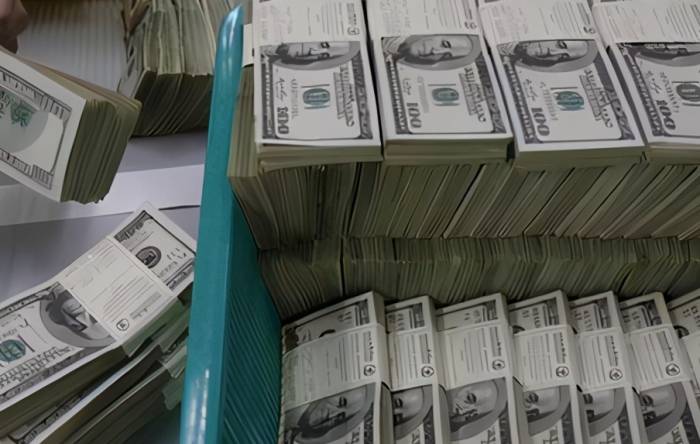
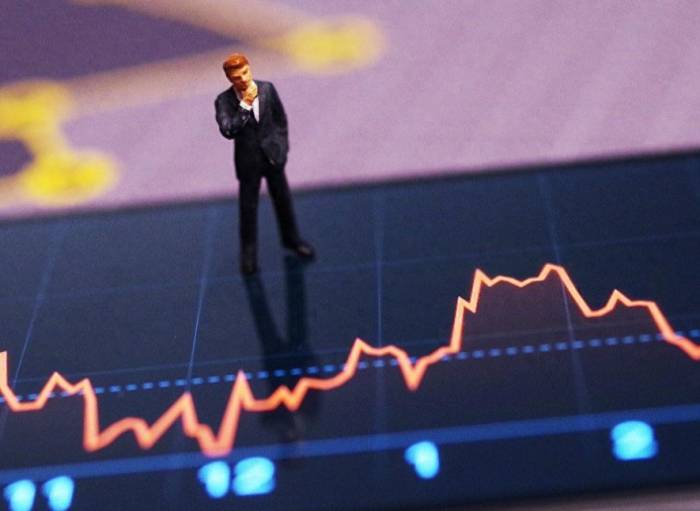
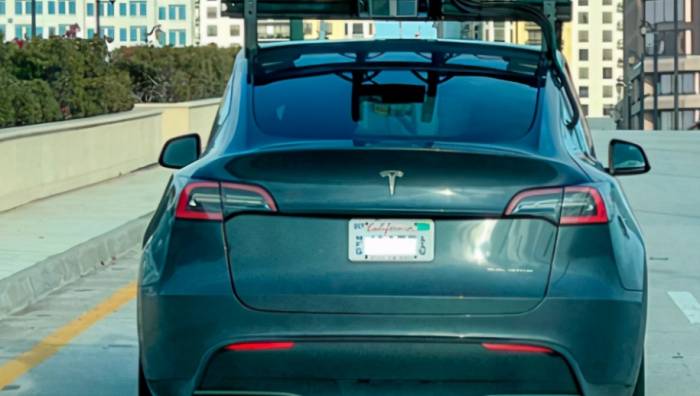
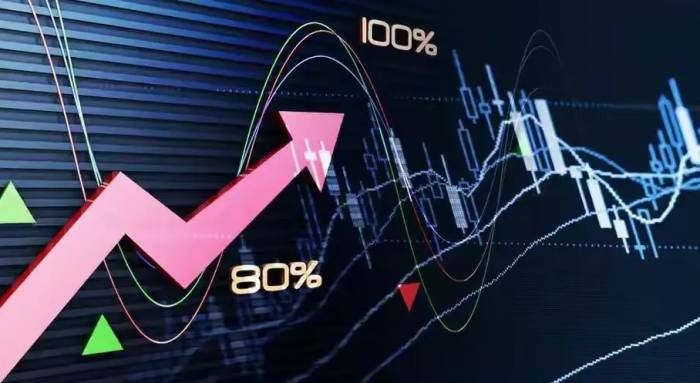
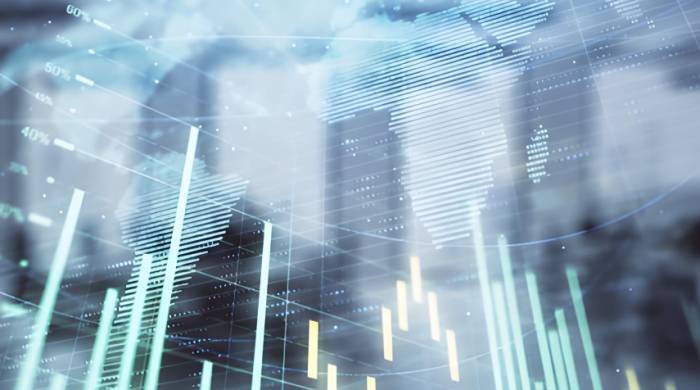
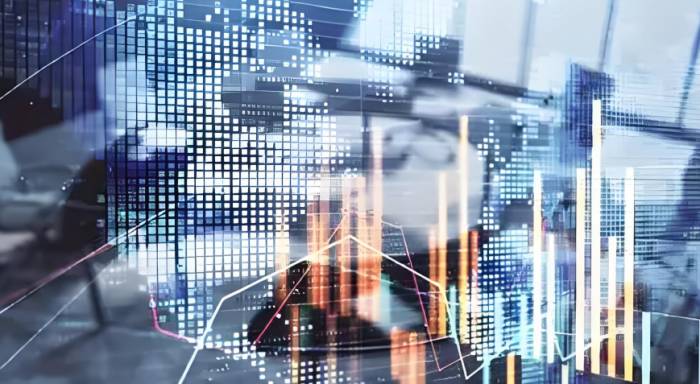
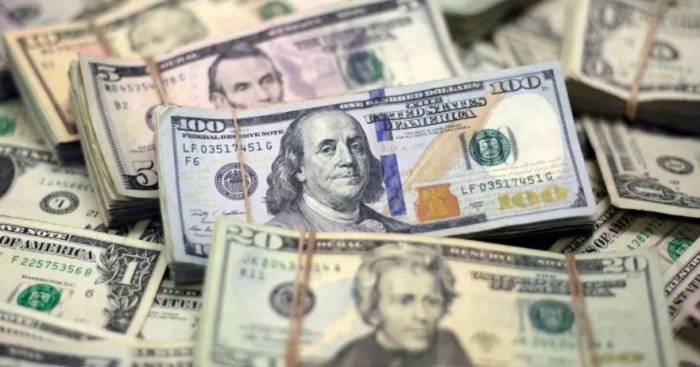
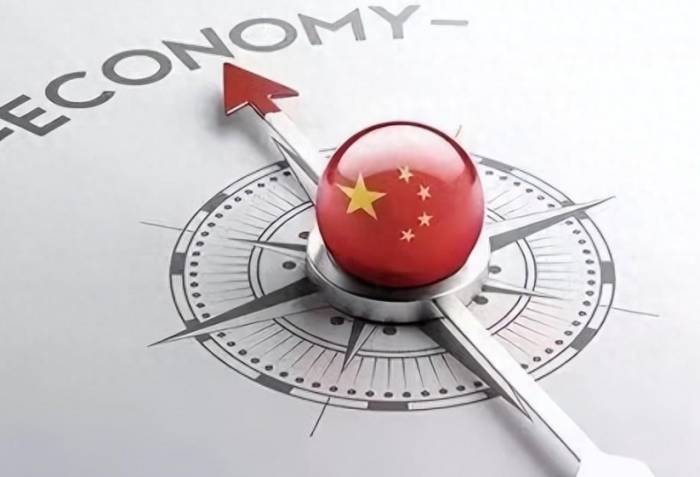

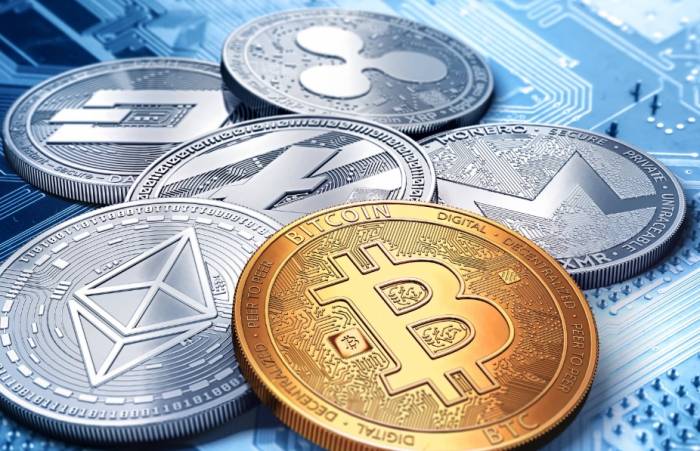
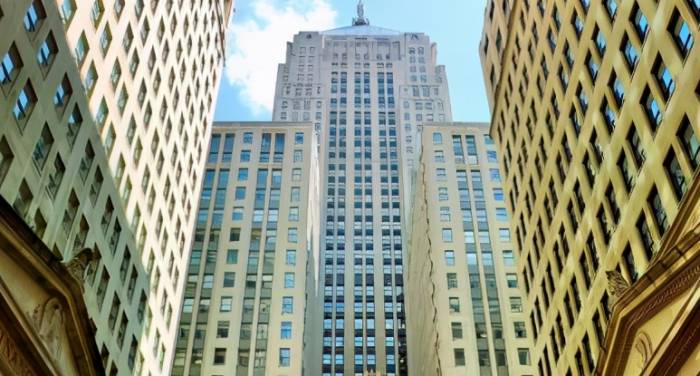

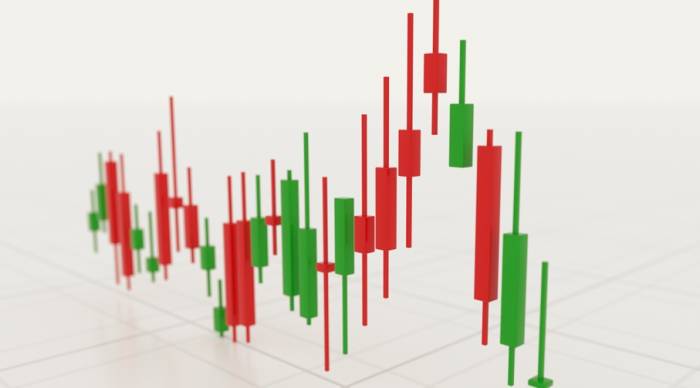

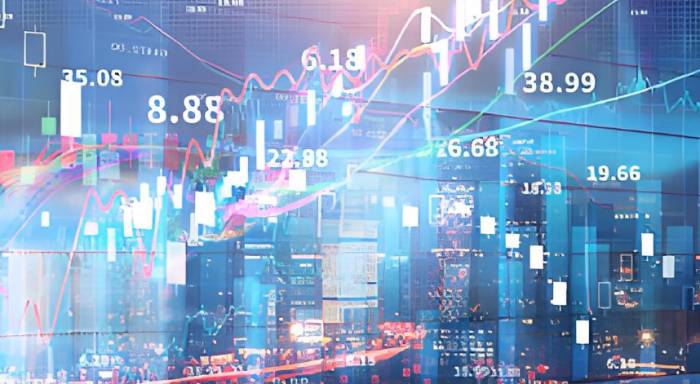
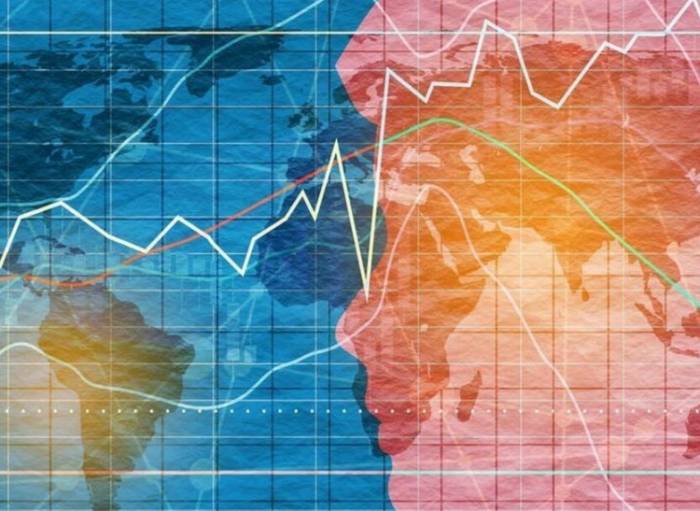

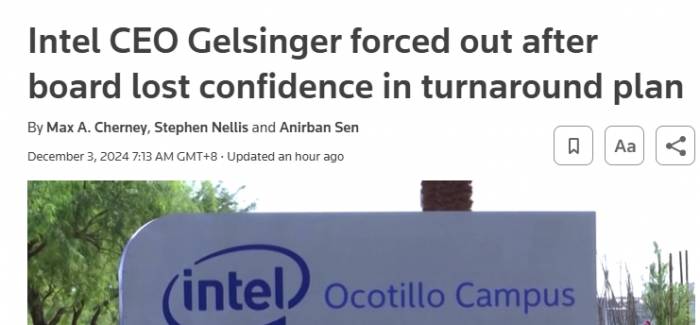
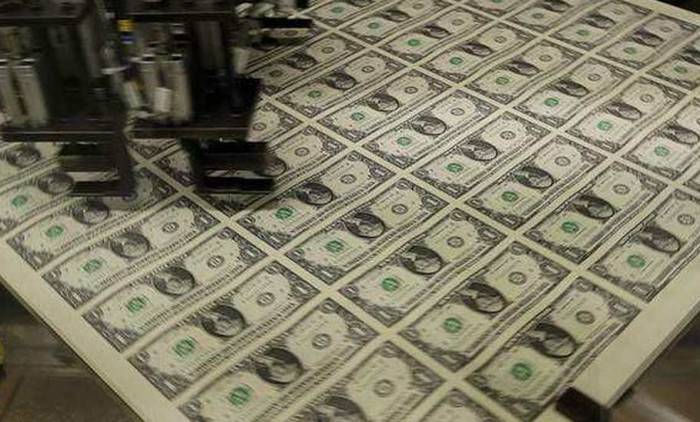
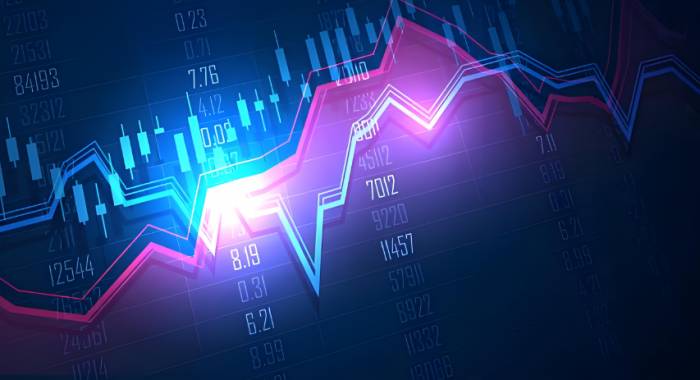
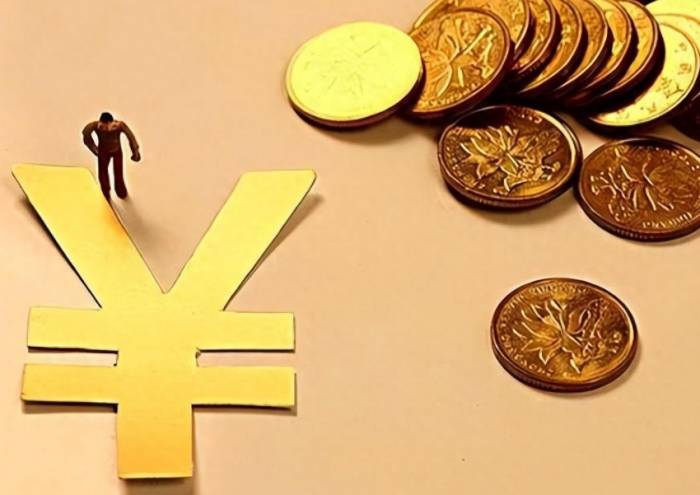
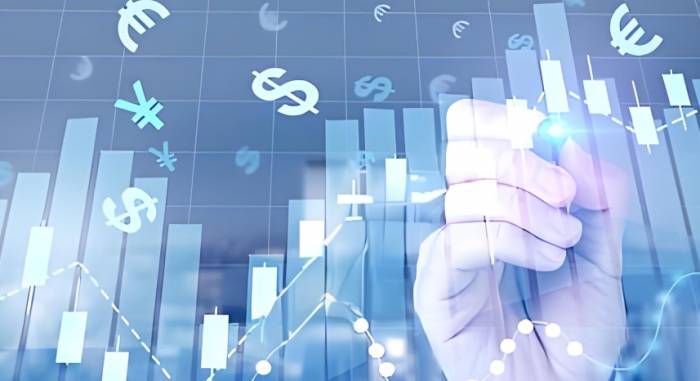


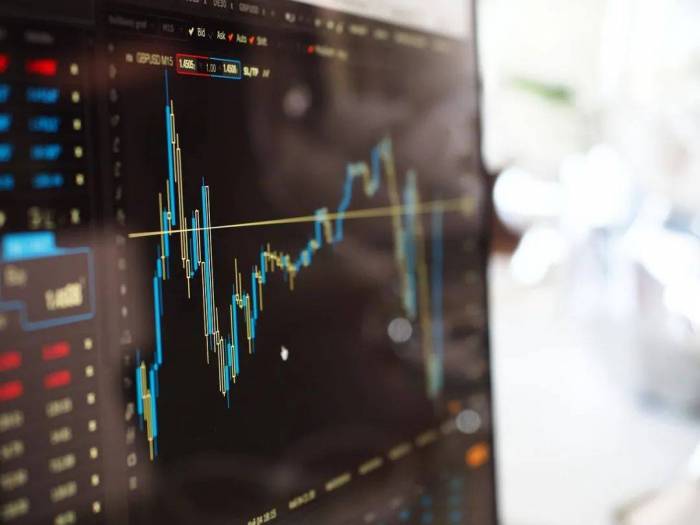

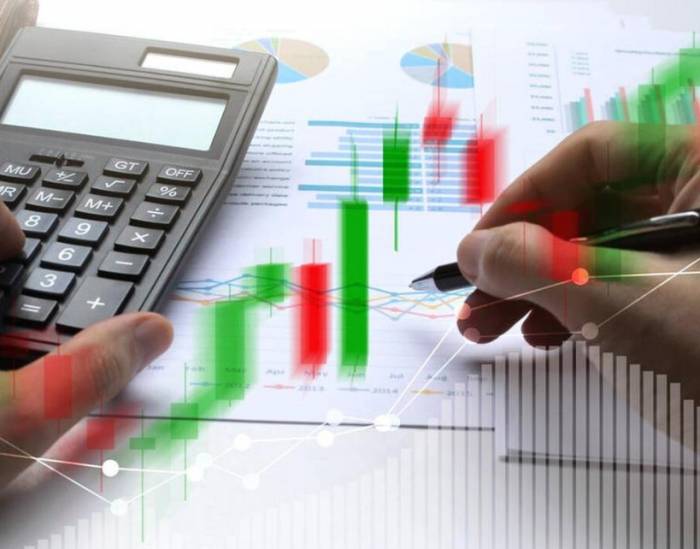

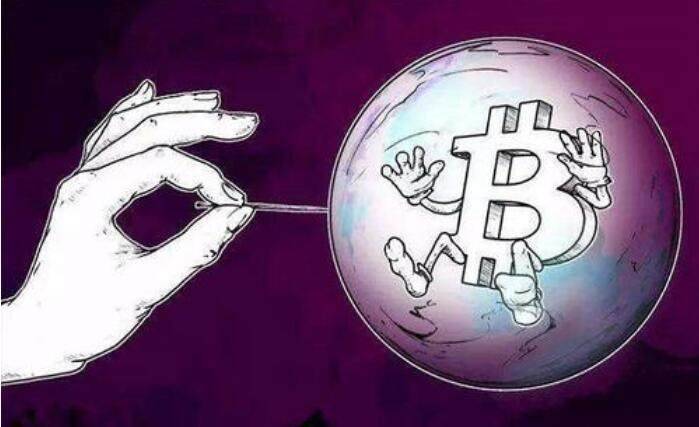

Comments